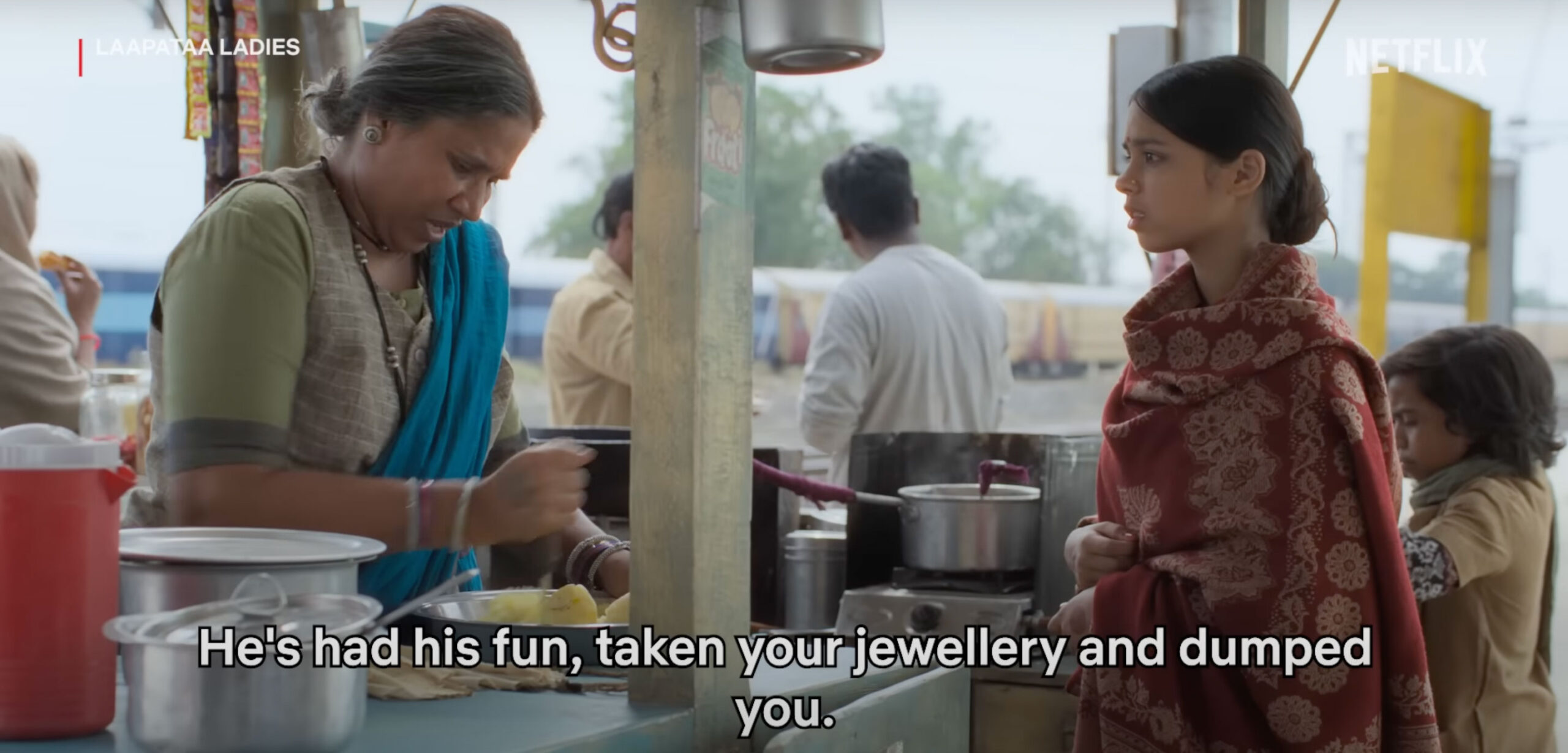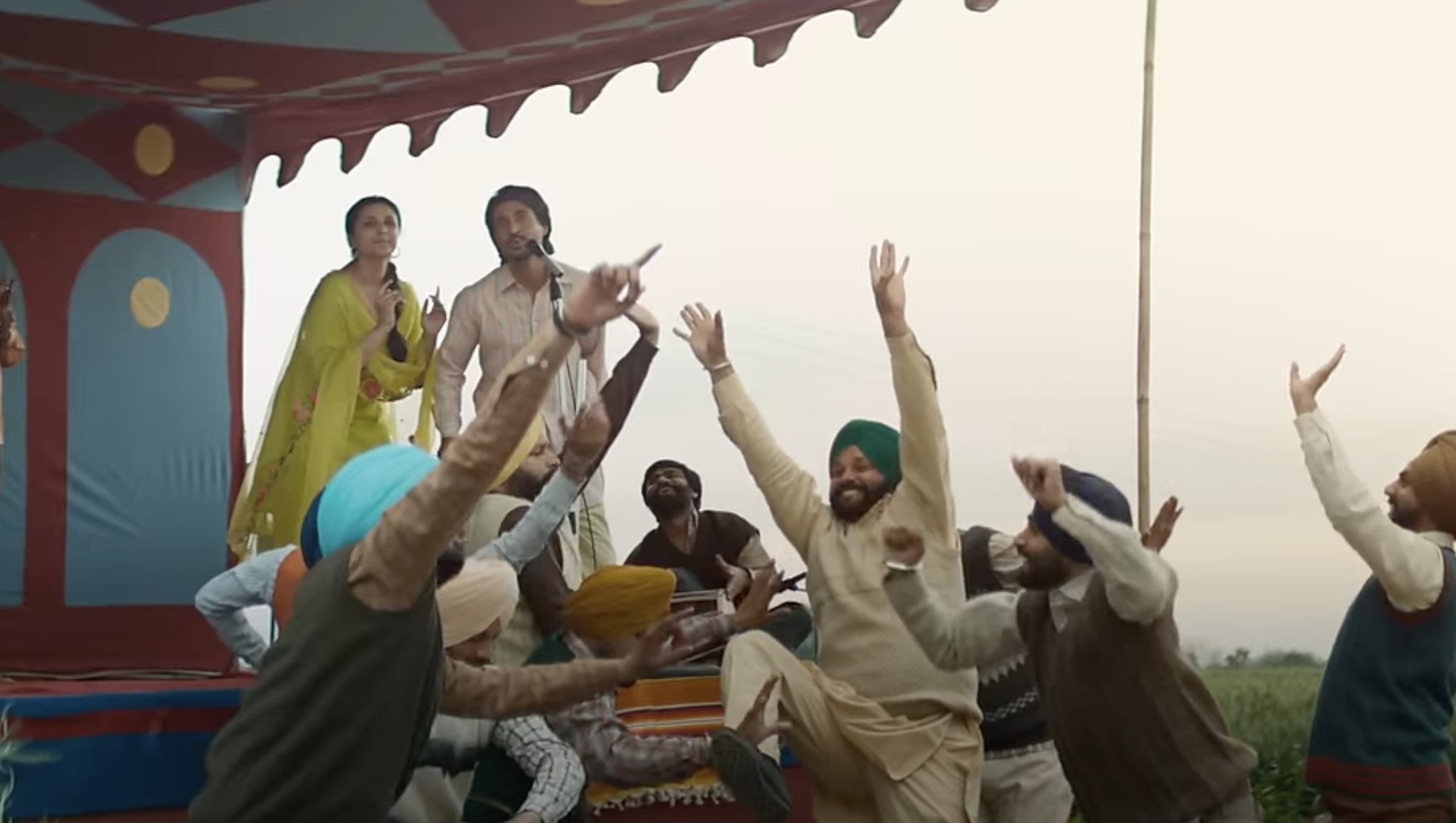Like the enterprising Parsis, the Patwas of Bihar have also become a source of inspiration for other castes. The hard work of the members of the community is paying off. Patwas, who come under MBCs and have traditionally been weavers, are in the news for the large number of engineers emerging from the community. The total population of the community is only 15,000 — most of them in Gaya district— but since 1996, it has produced more than 400 IIT engineers.
 A number of the 1200 Patwa households still depend on power looms for their livelihood. Educating their children was never a priority for the community. But things began to change when, in 1971, Ramlagan Prasad, a young man of the community, cracked the JEE and got admission to the degree course in architecture at IIT, Kharagpur. But he could not continue his studies when dacoits robbed his home.
A number of the 1200 Patwa households still depend on power looms for their livelihood. Educating their children was never a priority for the community. But things began to change when, in 1971, Ramlagan Prasad, a young man of the community, cracked the JEE and got admission to the degree course in architecture at IIT, Kharagpur. But he could not continue his studies when dacoits robbed his home.
After a gap of almost 15 years, Thakur Prasad’s son Jitendra Kumar joined the IIT. Since then, 400 youth of the community have passed out of different IITs and are proving their talents in India and abroad. As many as 19 of them are working in the US.
Ironically, at the same time, the community continues to be tradition-bound and extremely conservative. There is a strict ban on inter-caste marriages and the young boys of the community working in the US and Canada have to fly back home to get married with girls of their own community. The elders of the community feel that inter-caste marriages would destroy its social structure. Unfortunately, if the community persists with such retrograde practices it too may go the way of the Parsi community, which is almost on the verge of extinction, thanks to the insistence on marrying within the community to maintain its ‘purity’.
“Our community has been treading the same road for the last 200 years or so. Our traditions remain unchanged. For instance, we never marry out of our community. If someone does it, the panchayat immediately announces his social boycott. Many community members have been subjected to boycott in the past”, says Hemant Kumar, who owns a power loom.
Meghnath Prasad, 57, insists that marrying outside the community is against the culture and traditions of the community. He also says that till about 20 years ago, girls were allowed to marry outside the community if their families were poor. But for boys it was a strict no-no. He also does not fail to mention that the Patwa community has survived and is flourishing because of the strict ban on inter-caste marriages. He says that it is the only community where the dowry system is non-existent. And due to this, even poor girls of the community can and do get married to boys living in the US and Canada.
The community is mainly concentrated in the Manpur area and all brides and grooms are either from Manpur or from Chankad and Dangra, where there is a sprinkling of the community. No family has matrimonial relations in any other part of the state or the country. During a conversation with members of the community, Chudamani Pateshwari butts in to say that the members of the upper castes living in the village consult the Patwa families regarding the future of their children.
The youth of the community, though, are confident that just as the Patwas have transformed themselves educationally, their traditions and culture will also change and some day they will emerge out of their self-imposed social confinement.
Published in the February 2014 issue of the Forward Press magazine
Forward Press also publishes books on Bahujan issues. Forward Press Books sheds light on the widespread problems as well as the finer aspects of the Bahujan (Dalit, OBC, Adivasi, Nomadic, Pasmanda) community’s literature, culture, society and culture. Contact us for a list of FP Books’ titles and to order. Mobile: +919968527911, Email: info@forwardmagazine.in)





